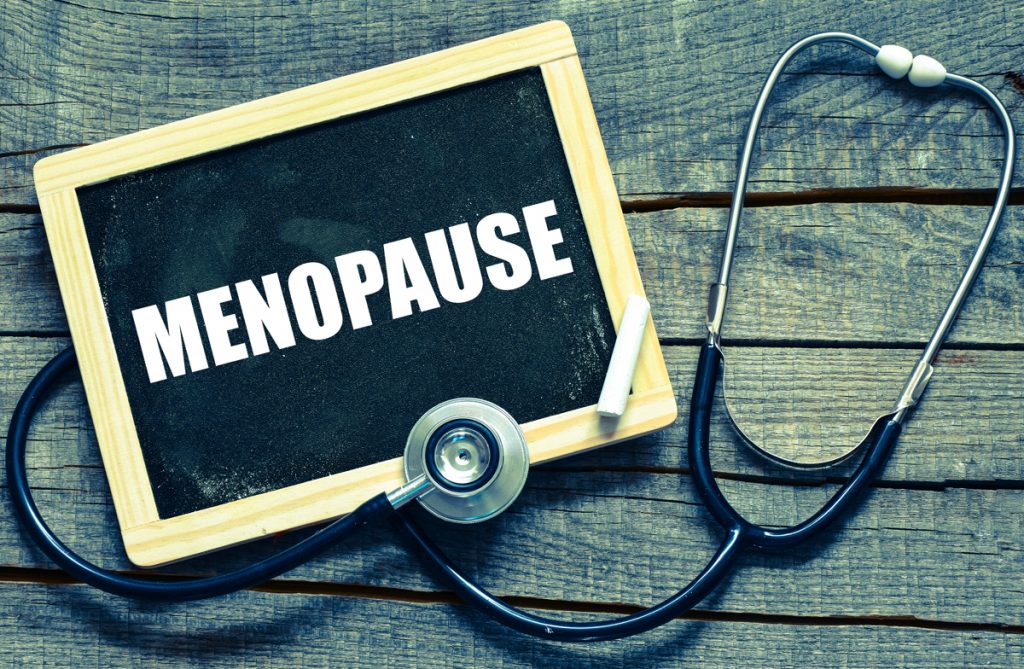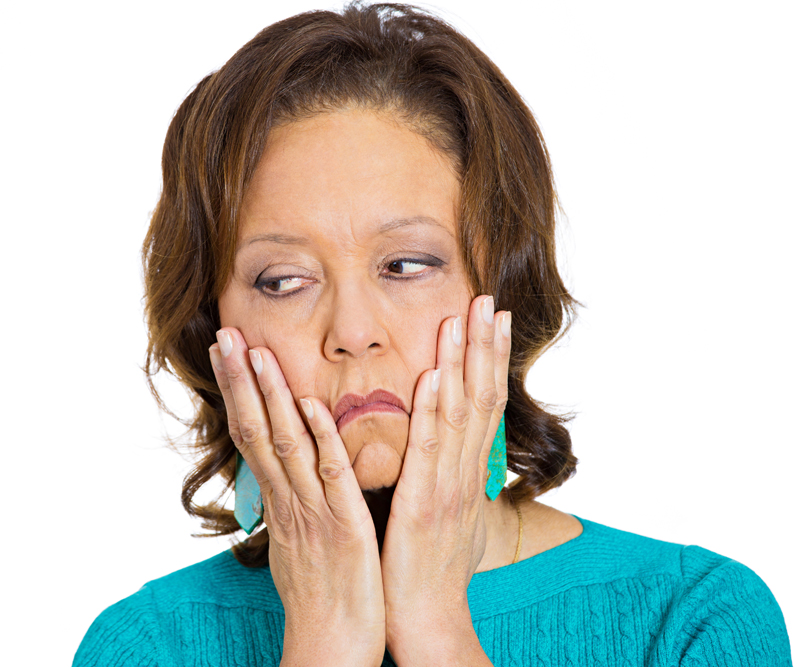
We’ve all heard about menopause, but what really is it? When does it start? How long does it last? How will I know if I’m in menopause? What are the symptoms? Does everyone have the same symptoms? These are just a few of the many common questions that I’m asked on a regular basis. This natural phase in every woman’s life is still a big mystery surrounded by misinformation, confusion, and yes, quite a bit of secrecy. In the next few installments of this series, I will address hormone replacement therapy, alternative therapies, the role of nutrition & physical activity, and any questions you may have. Let’s blow the top off this taboo topic – let’s talk menopause!
Menopause has morphed from an experience that only a small percentage of women lived through to a natural part of every woman’s life today. At the turn of the 20th century, women were not expected to live past 50. Now life expectancy for women is 78 years of age. If you’re a woman in your 20’s or 30’s, you might ask yourself: why should I care? I’m way to young for this. Well, I hate to be the bearer of truth but the reality is that you will eventually go through it; so you might as well be educated.
The fact is that 75% of all women will experience hot flashes, night sweats, insomnia, weight gain, and irritability. Menopause symptoms can be debilitating for many women, often appearing before they realize hormonal changes have begun to take place. Women don’t expect to experience these symptoms in their mid-thirties, but it happens all the time. Yet an alarming number of women still think they don’t have to “worry” about menopause until their 50s. Don’t wait! Educate yourself early on. So let’s start with the basics: what is menopause?
The Menopausal Transition Defined
Menopause is not a singular event but rather a transition lasting on average 3.8 years. It is often described in three phases: premenopause, which is the time when menstruation is normal, to perimenopause, which is the time when menstruation becomes more infrequent and also includes the one year after the final period, after which postmenopause begins, which is defined as the time in a women’s life when the ovaries stop functioning and menstruation has ceased for at least 12 consecutive months. You’re also considered postmenopausal if the ovaries were surgically removed or were damaged during chemotherapy. (Note: a hysterectomy, where only your uterus is removed, does not affect your ovaries or menopause). For a more detailed breakdown of the adult female reproductive life, the most recent Stages of Reproductive Ages Workshop (STRAW) is a great resource (Harlow, et al., 2012). It provides guidance on the different stages, their lengths, characteristics, and signs. Although there is no exact test to determine perimenopause, STRAW also provides guidelines for hormone levels that play a role in determining the stages in the menopausal transition. The most common hormone used for determination of perimenopause is the Follicle Stimulating Hormone (FSH), with levels greater than 25 IU/L indicating decline in ovarian function and beginning of perimenopause. As estrogen drops, FSH climbs to kickstart the follicle cycle and make up for the lack in estrogen.
 Symptoms – oh no!
Symptoms – oh no!
Menopausal symptoms are often summed up to hot flashes and night sweats although that couldn’t be further from the truth. Both hot flashes and night sweats are symptoms of menopause but there are many more, often subtle symptoms, that are not commonly attributed to the menopausal transition but are indeed symptoms linked to declines in ovarian function.
Menopausal symptoms fall into four categories to include vasomotor, psychosocial, physical, and sexual.
Vasomotor symptoms (VMS)
About 75% of women experience VMS
Hot flushes, night sweats, sweating
Psychosocial
Anxiety, impatience, poor memory, depression (prior depression is the highest risk factor for subsequent depression)
Physical
Body aches, fatigue, insomnia, weight gain, changes in skin appearance, migraines
Sexual
Vaginal dryness, painful intercourse, avoiding intimacy, lack of sexual desire
In addition, reduced levels of neurotransmitters (serotonin, dopamine, oxytocin) can cause changes in brain function and behavior, and declines in cognitive function, mood, and memory.
I know, I know, this all sounds very scary and depressing but this article is not designed to scare you into expecting the worst. Its purpose is to inform you of changes that will happen and that can come in all forms and intensities. Every woman is different; some women experience all symptoms to the extreme but there are also women that don’t experience any symptoms at all. It is impossible to predict what your experience will be. My goal is to equip you with the knowledge to be able to identify changes that are attributable to the menopausal transition and how to successfully and hopefully happily transition through this time in your life. Let’s start this conversation.
Have a comment or question? Tweet me @doctorluque
Republished with permission from doctorluque.com
Dr. Maria Luque is a health educator and fitness expert that specializes in helping women take charge of their own wellness. A native of Germany, she pursued a career driven by a passion for health and fitness. Dr. Luque currently teaches at the College of Health Sciences at Trident University International, in addition to conducting workshops, group/personal training, and writing. She’s an IDEA Fitness Expert and has been published in the IDEA Fitness Journal as well as appeared as a guest at local news channel to talk about quality of life and menopause. Visit her website, doctorluque.com
